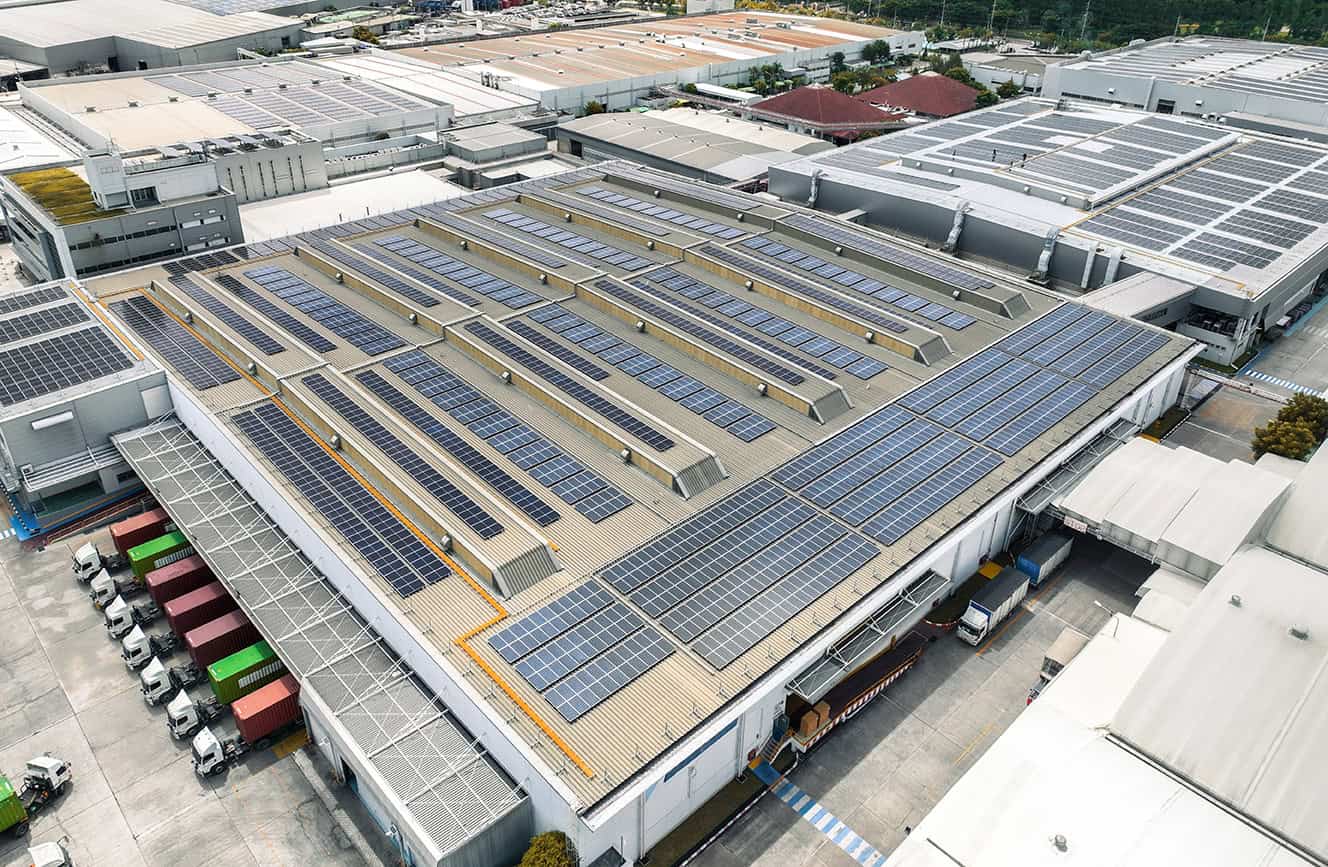
Despite continued electric vehicle (EV) growth and adoption in Europe, United States automakers are taking a different path.
Just a year ago, the entire world was in full pursuit of moving to electric vehicles. Well, in the United States, at least, those times have changed. Pair rising inflation with the high price of EVs, and most economists would predict a slowing in EV customer demand. So, what would that slowdown mean to the automotive manufacturers and the entire EV supply chain?
Lower consumer demand for EV’s in the US has impacts on automakers and beyond
US-based major automotive companies are hitting the brakes on EV forecasts and making strategic adjustments to near-term plans and EV investments. Citing the high price of a new electric vehicle and significantly reduced consumer demand, automotive manufacturers have begun to wonder if the growth stage of EVs in the US has ended and if there is an urgent need to revisit the aggressive business transition from gas and diesel to electric vehicles.
One US automotive manufacturer is set to record a multi-billion-dollar loss on their EV manufacturing investment this year and has even halted plans for increasing EV battery manufacturing in the US. Another US automaker announced plans to completely halt the production of two popular EV models completely, citing a lack of buyers even in the lower price range EVs.
This slowdown has impacts on the supply chain that extends beyond the automakers. For instance, a major car rental company had pursued a heavily EV-based product strategy with carshare and delivery services but has had to retract from that business model, leaving a large fleet of electric vehicles available to a car rental clientele that is not interested.
At some point, all businesses experience a shift in what their customers want and are willing to pay for. When customers are not buying and the demand winds shift, most companies must reassess their business strategy, and these changes will have cascading effects throughout the supply chain.
Downstream supply chain impacts for suppliers
It is difficult to determine what the EV supply chain will look like in a year, but the strategic changes that are in motion now will dictate where it lands. For now, these strategies have created a scenario where the downshift in demand at the consumer level has upstream impacts on the EV automaker, EV battery makers, and suppliers of raw and processed materials.
In a fully connected supply chain, the first buyer forecast to a supplier indicating a significant retraction in EV-based demand will set off a series of reactions upstream in the supply chain.
The lower tiers of the supply chain that are in the mad pursuit of meeting the previously forecasted demand must shift their plans on what they produce to align supply and demand now. Failure to do so can result in significant losses due to excess supply and inventory.
If each tier of the EV supply chain reacts by cutting production and lowering prices to make up for the gap in demand, the previous business model goes out the window. Contracts must be renegotiated, and an iterative process of aligning supply and demand starts to act like a wildly swinging pendulum.
Furthermore, future investment in upstream supply capacity by the lower-tier suppliers will likely follow suit once the demand shift is evident. The industry felt the impacts of having too little supply capacity last year, and it seems it is poised to feel similar effects from too much supply capacity in the coming years.
Will these strategic supply chain shifts lead to supply overages, excess production, and lower costs to build EVs? Will that make the retail price competitive enough to regain consumer traction and demand? Will the European EV demand drive the same road and encounter the same speed bumps? Or will it all even out in the end?
How e2open can help automotive manufacturers align supply and demand
At e2open, our clients achieve multitier supply chain visibility, connecting all four ecosystems with a supply network that drives complete end-to-end supply chain visibility and management. Please contact us if you want to learn more about how e2open can fuel your supply chain with visibility and control.

Author
Jeff Eckel
As Director of Product Marketing for e2open, Jeff Eckel is focused on solutions that help clients collaborate across all tiers of supply and manufacturing. With over 20 years of experience in supply chain business intelligence, Jeff has a deep understanding of supply chain management business processes. He specializes in translating complex business challenges into an end-to-end understanding of tangible business value. In his career, Jeff has held a variety of roles including product marketing, product management, solution consulting, and professional services. He is located in Austin, TX, and enjoys spending time with his kids outside of work.





